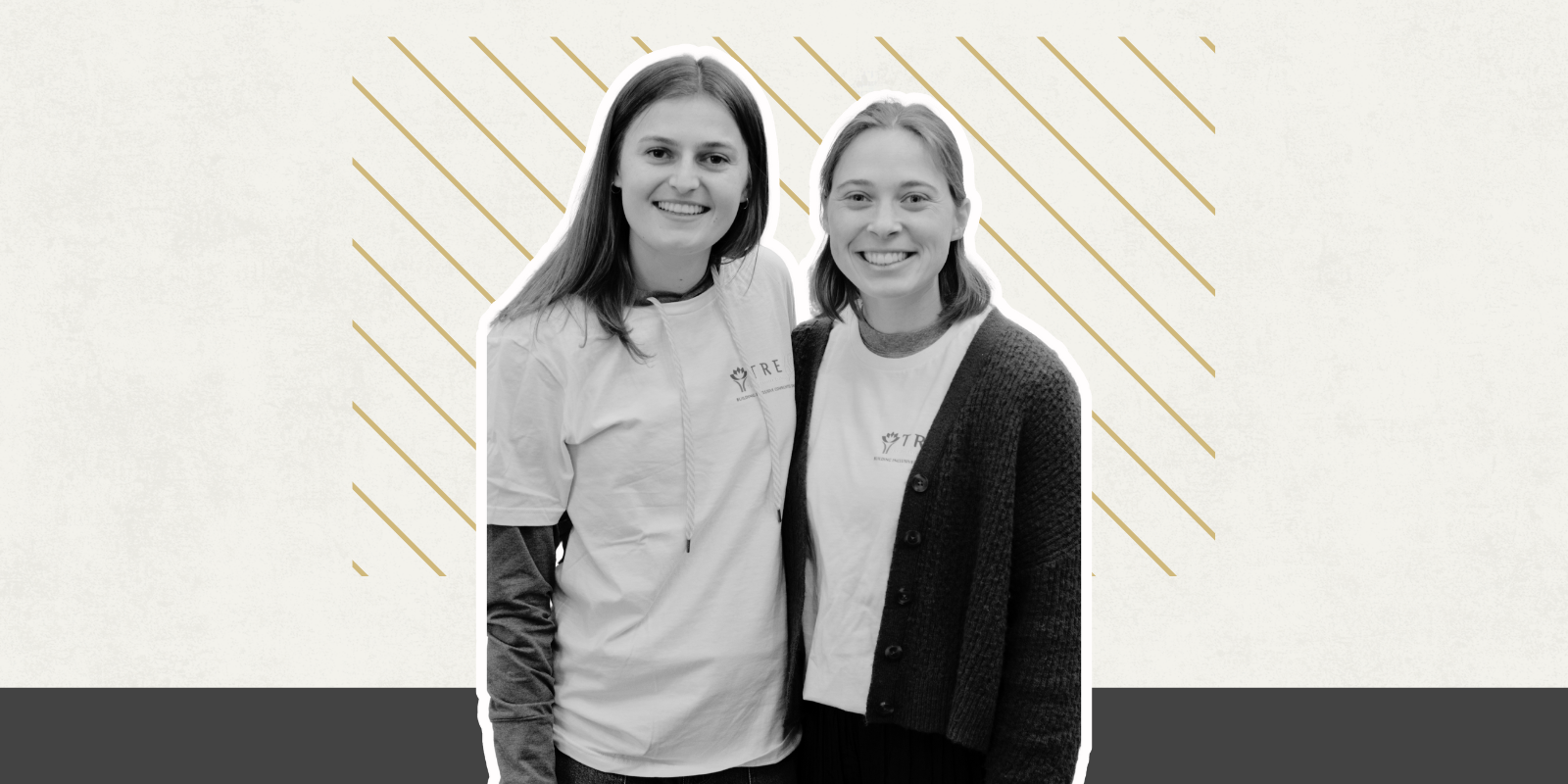What are some of the warning signs to look for when someone might be suicidal?
Somebody might not necessarily come out and say that they're feeling depressed or sad. You might notice some behaviors, like they are isolating themselves from their friends, maybe not coming to class like they used to. Or if they are coming into class, maybe they're not taking care of themselves or their hygiene, not showering or eating, not sleeping very well, not sleeping at all, or sleeping too much.
If you ask them to spend time with you, they might come up with lots of different reasons why to not come out, and you might not see them for a while. You might hear things like “I suck, I'm horrible. I'm never going to make it in school. Everybody else is so much smarter than me.” They’ll be very hard on themselves and have these feelings of guilt or worthlessness.
What are some of the ways for people to help a loved one they know, or suspect is struggling?
A lot of people feel this responsibility to “fix” somebody when they're feeling that way. They want to make them feel better, and they want to do what they can, which speaks to how much they care about their loved one or friend or respect their classmate, but it's not their responsibility to treat them. A big part of this is just encouraging that person to seek out help. If the person is not willing to do that, and you're very concerned about them, you can call 911 to have a mental health-trained professional come and evaluate them.
On the Anschutz campus, we have the Student and Resident Mental Health clinic. If a person comes to the emergency room and identifies themselves as a student or a resident here on campus, they will be evaluated by a psychiatry resident and an attending or a psychiatric provider. We will be involved, and we help coordinate some of the referrals and aftercare.
How has the pandemic affected mental health and suicidal ideation?
The pandemic was really hard, and that's an understatement. But I think what was especially difficult about it was that people felt very isolated from others. There is a strong benefit that we get from human connection that was missing for years, and I think that really played a role in a lot of people’s mental health worsening during that time.
What has been a positive about coming out of the pandemic is that some of the stigma around mental health has improved. We have a lot of people who are reaching out just because they anticipate that they're going to need some help. They don't necessarily have something specific that they want to talk about, but they want to be connected to our clinic, which means that people are prioritizing themselves and thinking about how stress can impact them. And they're planning ahead, which I think is great.
Have you noticed any trends since you've started your work on the CU Anschutz campus?
I did my residency here, and immediately after residency, I started working in this clinic. I love the work that we do, and I love the population that we work with. A common theme that we see is the imposter syndrome phenomenon. Students who come to graduate school are used to succeeding and doing well in school, and when they come, they're around other very, very smart people. They're not used to being “average,” and it's difficult for them to take a step back and see that other students also feel that like too.
Certainly, social media doesn't help. People look like they are having the time of their life, but the reality is that anyone can curate what they're showing in those pictures. One of the things that I talk about with my patients if they're having thoughts of imposter syndrome or depression is to take a break from social media. And I've heard many patients say that helps them to shift the way that they're thinking about themselves and others.
What resources are available for people experiencing suicidal thoughts or struggling with mental health?
In our clinic, we provide a combination of medication management, individual psychotherapy, and group therapies. There are lots of different modalities in the therapies that we can do. It depends on what the person is looking for, what fits with their personality and how they benefit from support.
A step up from these outpatient options would be intensive outpatient programs or partial hospitalization programs, where people are getting care a couple of times a week, for a couple of hours a day. An even higher level of care would be an inpatient setting, being admitted to a psychiatric unit.
Where somebody might land depends on their level of acuity and the severity of the suicidal ideation they are experiencing. That is something a mental health professional would evaluate and determine what level of care would be required at that time.
Anything else you would like to add?
If there is a question about whether somebody should be coming in to get help for mental health or they're not sure if they want to talk to somebody, just reach out. Sometimes it's helpful to simply have a conversation about what's going on, to put that stress out there so that it's not always inside you. We're here to be that support.
To schedule an appointment with Student and Resident Mental Health, call (303) 724-4716 and leave a message for a return call, email SMHservice@ucdenver.edu, or fill out an online form here.
On-Campus and Community Resources
|





